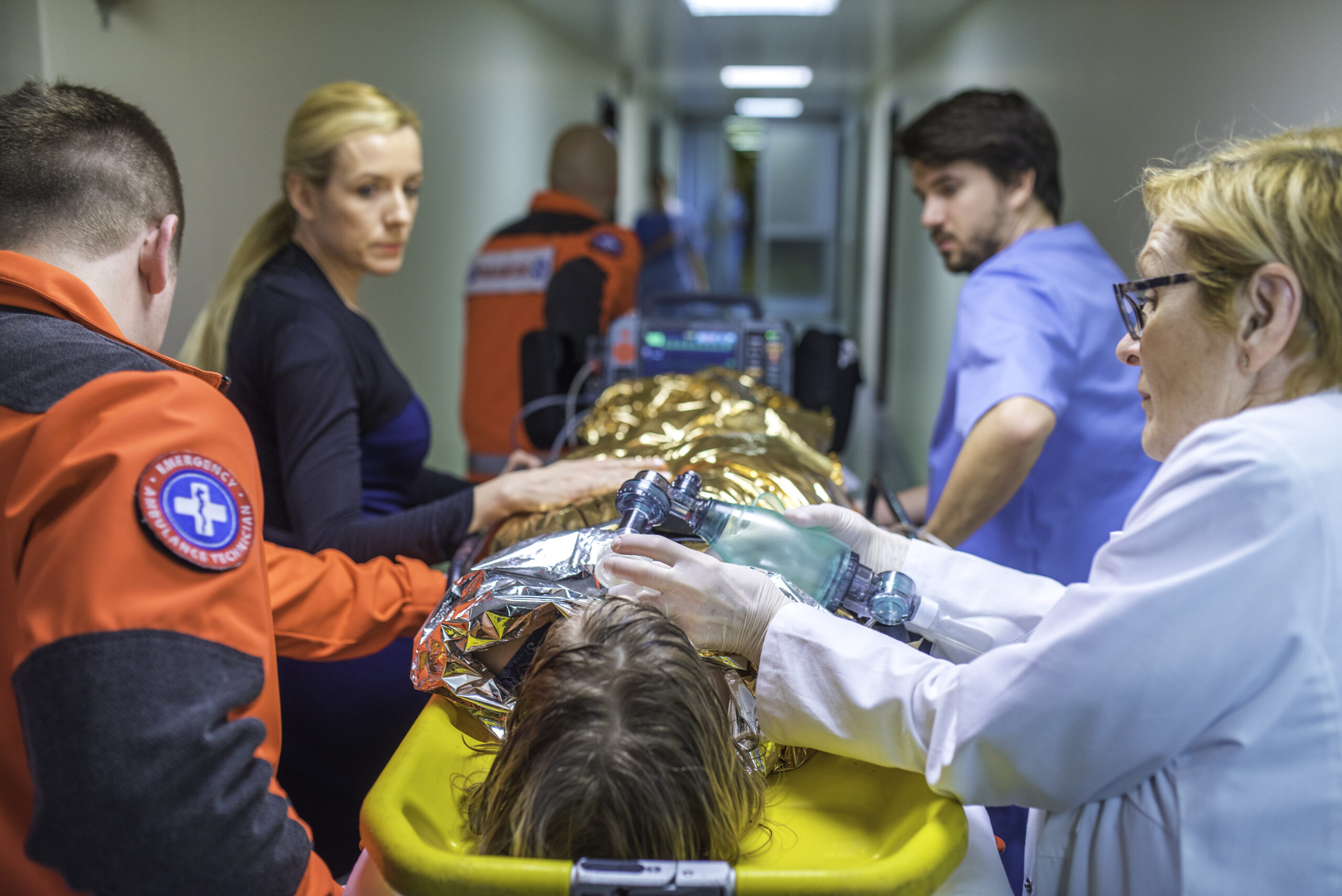Hypothermia: What is it and How to Avoid it
Hypothermia is a serious medical condition that occurs when the body loses heat faster than it can produce it, causing the body’s core temperature to drop below the normal range. It is a potential risk in cold environments, whether one is outside during winter sports, stranded in cold weather, or even exposed to less extreme conditions without adequate protection. Recognizing the risks and symptoms of hypothermia and knowing how to prevent it are crucial for safety during cold weather activities.
What is Hypothermia?
Hypothermia sets in when the body temperature falls below 95 degrees Fahrenheit (35 degrees Celsius). Under normal circumstances, the human body maintains a temperature around 98.6 degrees Fahrenheit, which is essential for the functioning of various physiological processes. However, prolonged exposure to cold conditions can impair the body’s ability to produce and retain heat, leading to hypothermia.
The condition can affect anyone but is particularly dangerous for the elderly, children, and those with inadequate shelter or clothing in cold environments. It can also pose a risk to individuals who engage in outdoor activities such as hiking, skiing, or swimming in cold water, where unexpected weather changes or accidents can lead to prolonged exposure to the cold.
Symptoms of Hypothermia
Recognizing the signs and symptoms of hypothermia is vital for timely intervention. Symptoms often develop gradually, and affected individuals, especially if elderly, may not be aware that they need help. Early symptoms include shivering, a classic response to cold that helps generate heat. However, as hypothermia progresses, shivering may stop due to depleted energy reserves in the body. Other symptoms include:
- Slurred speech or mumbling
- Slow, shallow breathing
- Weak pulse
- Clumsiness or lack of coordination
- Drowsiness or very low energy
- Confusion or memory loss
- Loss of consciousness
Severe hypothermia can be life-threatening and requires immediate medical attention.
Preventing Hypothermia
Preventing hypothermia is key, particularly in regions known for cold weather. Here are some practical tips to avoid this dangerous condition:
- Dress Appropriately: Wear layers of loose-fitting, lightweight clothing. Layers trap warm air better than one thick garment. The outer garments should be tightly woven and water repellent. Always cover the head and hands, as a significant amount of body heat can be lost through these parts.
- Stay Dry: Wet clothing significantly reduces insulation, leading to a rapid loss of body heat. Stay as dry as possible, and change out of wet clothes immediately if you get wet from rain, snow, or sweat.
- Understand the Environment: Be aware of the weather conditions and forecast before going outdoors. Wind chill can dramatically increase the rate of heat loss from the body. Preparing for the conditions you might face is essential for preventing hypothermia.
- Stay Nourished and Hydrated: Eating well-balanced meals and staying hydrated helps the body produce the necessary energy to maintain its temperature. Avoid alcohol as it causes the body to lose heat more rapidly.
- Seek Shelter: If you are unable to stay warm, find shelter as soon as possible to stop further heat loss. Portable heaters or emergency heat sources can be life-saving in cold environments.
- Be Prepared: When planning to spend time in a cold environment, always prepare for potential emergencies. Carry a well-stocked emergency kit that includes thermal blankets, waterproof matches, hot packs, and a first aid kit.
Conclusion
Hypothermia is a preventable condition if proper precautions are taken. Understanding what hypothermia is, recognizing its symptoms, and knowing how to prevent it are critical for anyone who may be exposed to cold weather conditions. By dressing appropriately, staying dry, and preparing for the cold, you can enjoy the winter months safely and avoid the dangers of hypothermia. Whether you are an outdoor sports enthusiast or someone who is exposed to cold environments regularly, keeping these safety tips in mind can be lifesaving.
